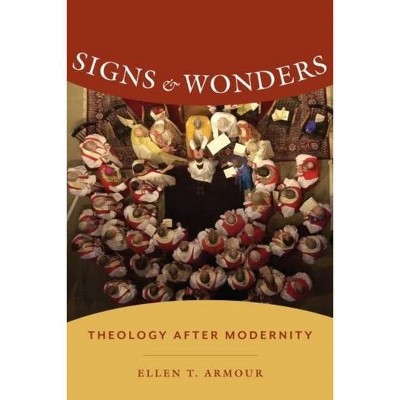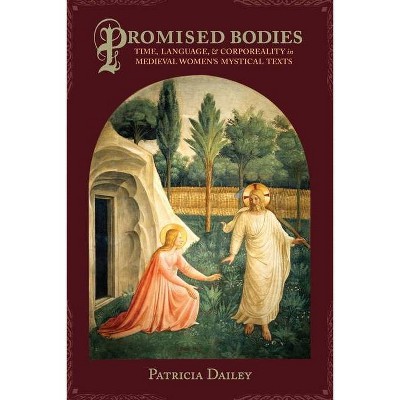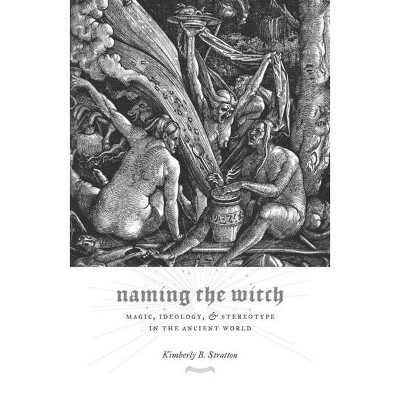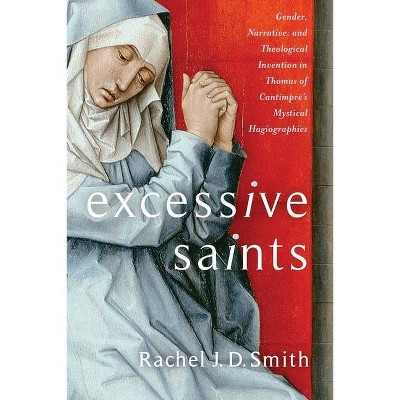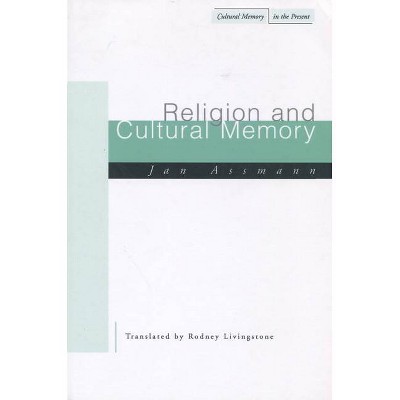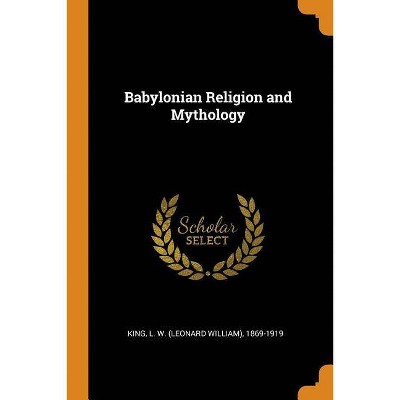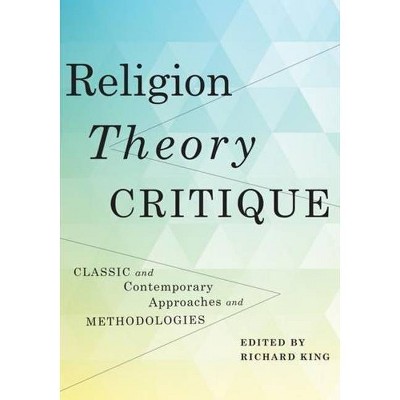Martyrdom and Memory - (Gender, Theory, and Religion) by Elizabeth Castelli (Paperback)
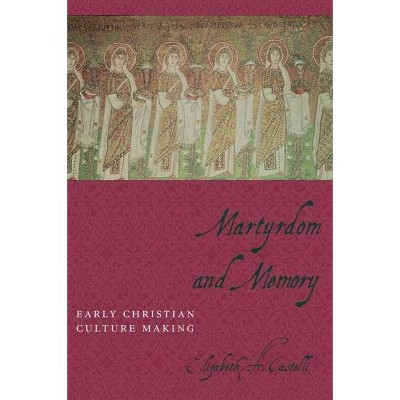
Similar Products
Products of same category from the store
AllProduct info
<p/><br></br><p><b> About the Book </b></p></br></br><p>Elizabeth A. Castelli explores the central role of persecution in the early development of Christian ideas, institutions, and cultural forms and shows how the legacy of Christian martyrdom plays out in today's world. Martyrs are produced, Castelli suggests, not by the lived experience of particular historical individuals but by the stories that are later told about them. Using Maurice Halbwachs's theoretical framework of collective memory and drawing on a wide range of Christian sources, Castelli approaches the writings of early Christians and their public and ideologically potent accounts of martyrdom. In their words, the martyr's story becomes a "usable past," a "living tradition" for Christian communities, and an especially effective vehicle for transmitting ideas about gender, power, and sanctity. </p><p>In the wake of the 1999 shootings at Columbine High School, modern "martyr cults" have emerged as the unlikely legacy of early Christian martyrdom. Focusing specifically on the martyr cult associated with one of the tragedy's victims, Castelli looks at how the Columbine story renders suffering redemptive and meaningful and the way in which "religion" has made a return to center stage in our culture, with the martyr as its most contentious yet riveting star.</p><p/><br></br><p><b> Book Synopsis </b></p></br></br><p>Elizabeth A. Castelli explores the central role of persecution in the early development of Christian ideas, institutions, and cultural forms and shows how the legacy of Christian martyrdom plays out in today's world. Martyrs are produced, Castelli suggests, not by the lived experience of particular historical individuals but by the stories that are later told about them. Using Maurice Halbwachs's theoretical framework of collective memory and drawing on a wide range of Christian sources, Castelli approaches the writings of early Christians and their public and ideologically potent accounts of martyrdom. In their words, the martyr's story becomes a "usable past," a "living tradition" for Christian communities, and an especially effective vehicle for transmitting ideas about gender, power, and sanctity. </p><p>In the wake of the 1999 shootings at Columbine High School, modern "martyr cults" have emerged as the unlikely legacy of early Christian martyrdom. Focusing specifically on the martyr cult associated with one of the tragedy's victims, Castelli looks at how the Columbine story renders suffering redemptive and meaningful and the way in which "religion" has made a return to center stage in our culture, with the martyr as its most contentious yet riveting star.</p><p/><br></br><p><b> Review Quotes </b></p></br></br><br>Castelli has written a masterful book about the way early Christians used martyrdom to construct a collective memory of religious suffering.--Choice<br><br>A required reading for anyone who studies and teaches on this problem from the past that remains distressingly present.--Chris Frilingos "Religious Studies Review "<br><br>Castelli succeeds brilliantly in her aim to reveal the way martyrdom constructed a new ideology... that subverted Roman notions.--Kimberly B. Stratton "Biblical Theology Bulletin "<br><br>Castelli's stimulating and provocative study is a creative contribution to this flourishing area.--Judith Lieu "Ecclesiastical History "<br><p/><br></br><p><b> About the Author </b></p></br></br>Elizabeth A. Castelli is associate professor of religion at Barnard College at Columbia University. She is the author of <i>Imitating Paul: A Discourse of Power, </i> coauthor of <i>The Postmodern Bible, </i> and editor of several books, including <i>Women, Gender, and Religion: A Reader.</i> She serves on the editorial board of the <i>Journal of the American Academy of Religion</i> and is the editor of a new journal, <i>Postscripts: Sacred Texts and Contemporary Worlds.</i> In 2003 and 2004 she was the senior research scholar at the Center for Religion and Media at New York University.
Price History
Price Archive shows prices from various stores, lets you see history and find the cheapest. There is no actual sale on the website. For all support, inquiry and suggestion messagescommunication@pricearchive.us
